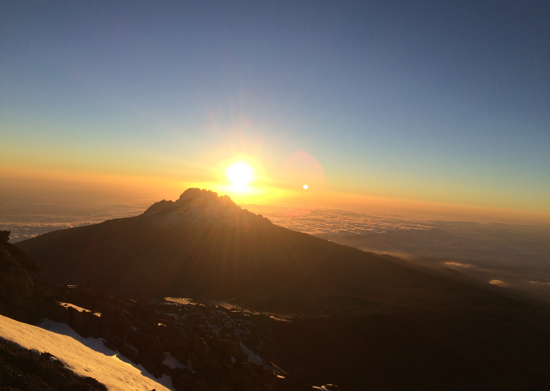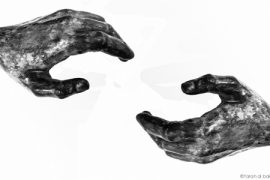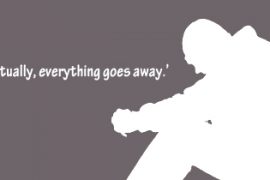Article in brief: A reflection of the author’s mountaineering journey.

Having our personalities dissected and neatly compartmentalized by the MBTI personalities have done wonders in figuring out each of our personal uniqueness, all 16 types with variances on the degree of each component. Focusing on the first category, Myers-Briggs classifies you as either an Extrovert or an Introvert; you either gain your energy from being around people or from being by yourself reflecting your thoughts in your own inner world.
In recent years, widespread studies showcased the unfairness in the usage of the word Introvert. For clarity purposes, introverts are not antisocial and do not dislike people, they just have other tools of functioning in this world, and these studies sharpened personalities to find their own unique way in flourishing in this world rather than following a universal fit-for-all manual.
Earlier this year I joined a group of friends on a trip to climb mount Kilimanjaro, a notion I wouldn’t have fathomed a few months earlier, but following my intuition, it turned out to be exactly what I needed at that time.
Due to health issues that required me to go slower to acclimatize at my own pace, I would spend a big chunk of the day walking with my guide, Paul, a patient wise man who shared my inclination towards comfortable silence or would go into deep reflections of life.
From my point of view, it was an Introvert’s dream, the beautiful miraculous nature of the African route made the best background for this journey. It was sincerely a journey of challenges on so many scales.
Nothing prepared me for the shift from a life of luxury to survival mode in a matter of days except a friend’s advice to “Go with no expectations and know that it will be over in a week. And pack a lot of Snickers.” The hours of reading climbers’ reviews and training in the gym did little compared to the encouragement of people who become our family for the week: the local guides and other groups on the trail. Everyone had something positive to say to keep us on the move on the slipperiest of trails. On a path where scaling down a wall with snow melting into little streams, making an ill-placed stumble can be a life-threatening one.
Nonetheless, I cherished the journey that pushed me to cut off all methods of communication and left me with hours lost in my thoughts, reassessing priorities and values. Things that seemed so important became so trivial, what I projected as pillars of life became flimsy and withered away.
Along the trail, one footstep at a time, I shed, reexamined, uncluttered a perception at a time. How does it serve me? Does it suit me? Does it matter to me? Where did it stem from? More importantly, the journey made it seem so possible, allowed me to give myself permission to shift my views unapologetically.
The epiphany of self-realization came on day 5, the summit day that started at 1 am. Starting out in pitch dark, in an unimaginably cruel cold and windy weather, with nothing in view except the headlamps and stars. It was surreal; at one point I broke down thinking, why did I put myself through this? I thought it was too much, and it seemed easier to just sit down and give up, as you can do in life when challenges seem bigger than you.
Then the sun came up, and gave me a view I earned all on my own by not giving up; I was literally and metaphorically above the clouds welcoming the sun. And I did this myself through believing I could. With life’s ups and down, how many times were we faced with hurdles that seemed impossible to overcome, but managed after believing we could, not necessarily unscathed, but carrying reminders of how strong you proved to be?
“Everyone wants to live on top of the mountain, but all the happiness and growth occurs while you’re climbing it.” – Andy Rooney
In a way, everything can be perceived as a journey, but the goal is not just the end of the journey but what insights and growth you gained along the way.
What a waste it would be if we didn’t take the time and patience to observe ourselves inwardly and allow ourselves to accommodate the changes forming in us from the experiences we’re going through.



